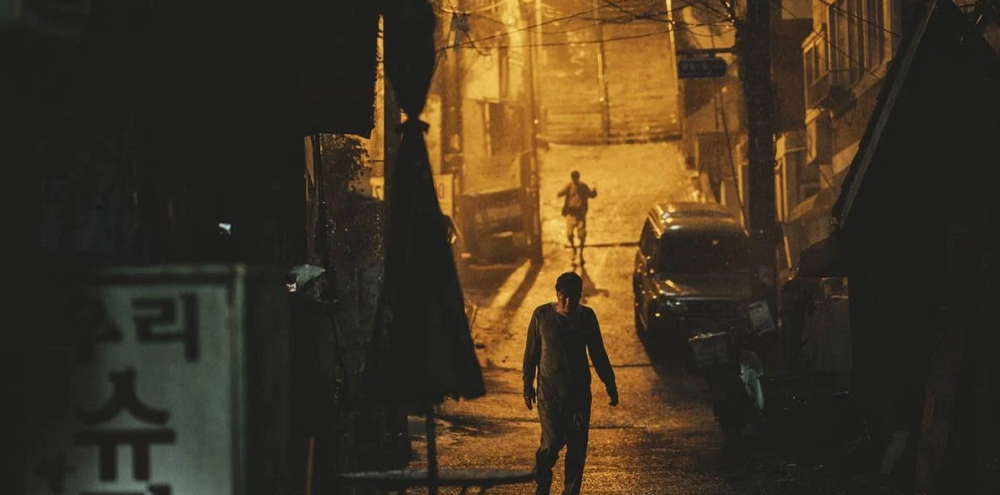The burden of climate change in Bong Joon Ho’s Oscar-winning Parasite
Class criticism is a common theme in movies. This one says something more unusual.

The South Korean film Parasite won four Oscars this week, including the first-ever best picture award won by a subtitled film. Seeing an Asian film dominate the US awards season might represent some progress in representation, or it might just represent the monumental achievement of filmmaker Bong Joon Ho. Either way, Parasite’s big night on Sunday was a moment of collective pride and joy for Asian film lovers everywhere.
The film offers a witty story about a poor family and a rich one. The Kims live in a cramped semi-basement apartment in the dark depths of Seoul, while the Parks live in a sleek, architecturally astounding home atop a private hill in the affluent neighborhood of Gangnam. Parasite comments on South Korea’s growing economic inequality and social divide.
There is also a secondary theme: climate change, and specifically how it disproportionately affects the poor. Bong Joon Ho makes sharp observations about climate change, and the film uses literal barriers and levels to represent its inequitable effects. All this culminates in a rainstorm flood scene. The heavy storm leads the Parks to end a camping trip prematurely and then relish the beautiful sunny weather that follows the next day. The Kims, however, find their home and community ravaged by the flood of rainfall, sewage, and waste. They have to sleep in an auditorium with other displaced people.
The rainwater sweeps down on the city, thrashing downstairs and basement homes at the lower levels of the city where cheaper homes are situated. This symbol of climate change—wreaking havoc on the city’s less fortunate, who are quite literally located lower than the affluent—is given further nuance through the introduction of even poorer people, located even lower than the audience imagined. Where one night of climate devastation takes the Kims’ home and livelihoods, the Parks watch the rainfall from their scenic backyard view and throw a themed outdoor birthday party the next day.
Class criticism is a common theme in film. But this genre-bending, plot-twisting movie says something more unusual: there is no moral dignity for the poor, and there is no corruptive armor for the wealthy. They all have the same flaws and complexities of character. Nor is there a clear answer as to how our world and our people will react to the climate crisis. We want to believe ourselves to be fair and just, but the important question is not how we perceive ourselves or how we perceive the rich and the poor. It’s how we will act when the flood ultimately comes down on us.
Reactions to the climate crisis can largely be summed up as follows: a lack of action by those in power, and protest and engagement by our youngest generation. Young people’s efforts to make change are modeling a higher purpose, living meaningful lives through the action taken today for others tomorrow.
Parasite reminds us of the horrifying, perilous weight of today’s reality. We do not find refuge or comfortable solutions, but rather the palpable actuality of consequences to come. The voices of artists, writers, and thinkers can help inspire and agitate us to take action in our existential plight. The film’s deeply meaningful message about the devastation of climate change makes me even prouder to be a Korean—and excited that the film took the biggest Oscar prize home.




